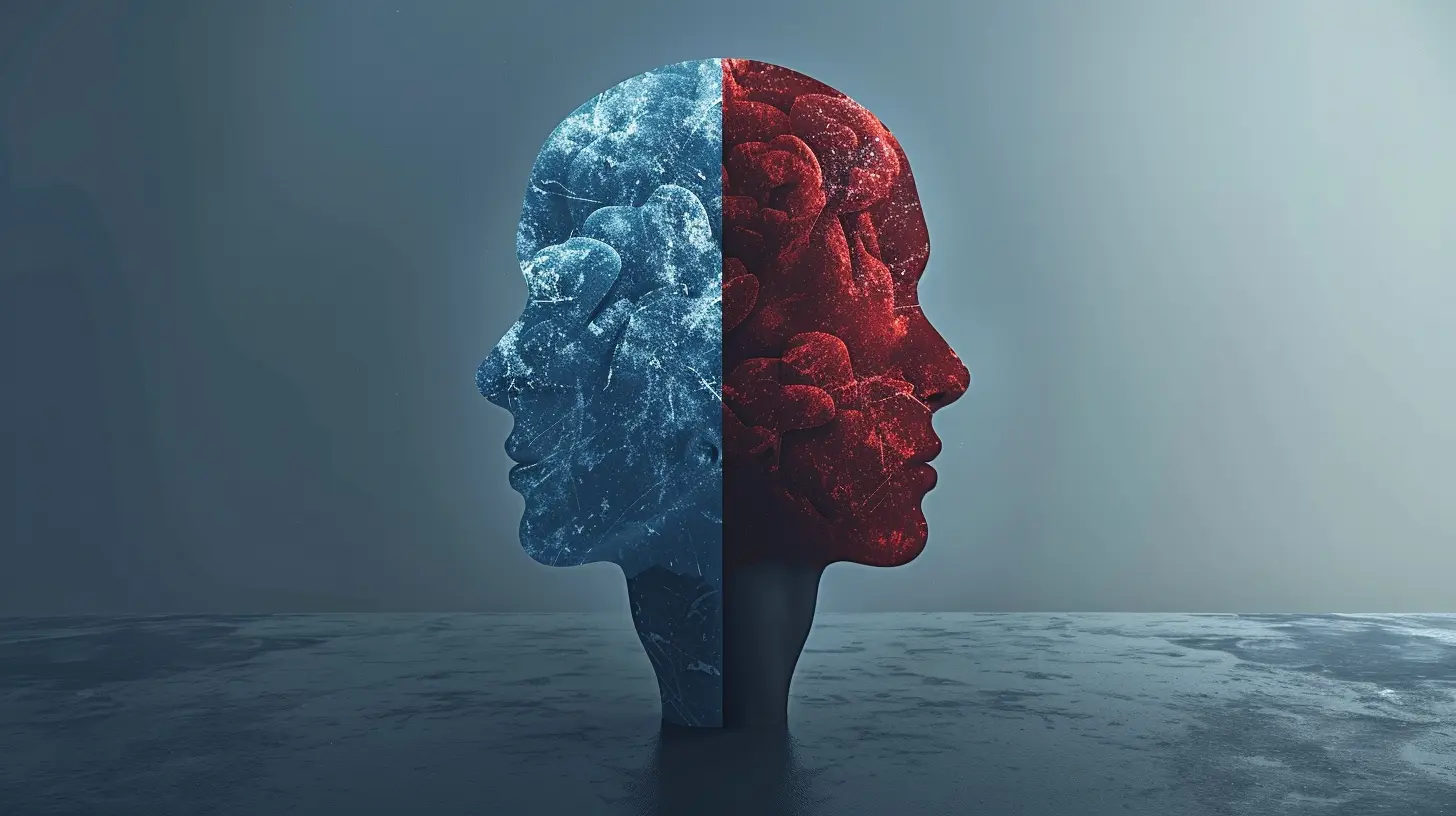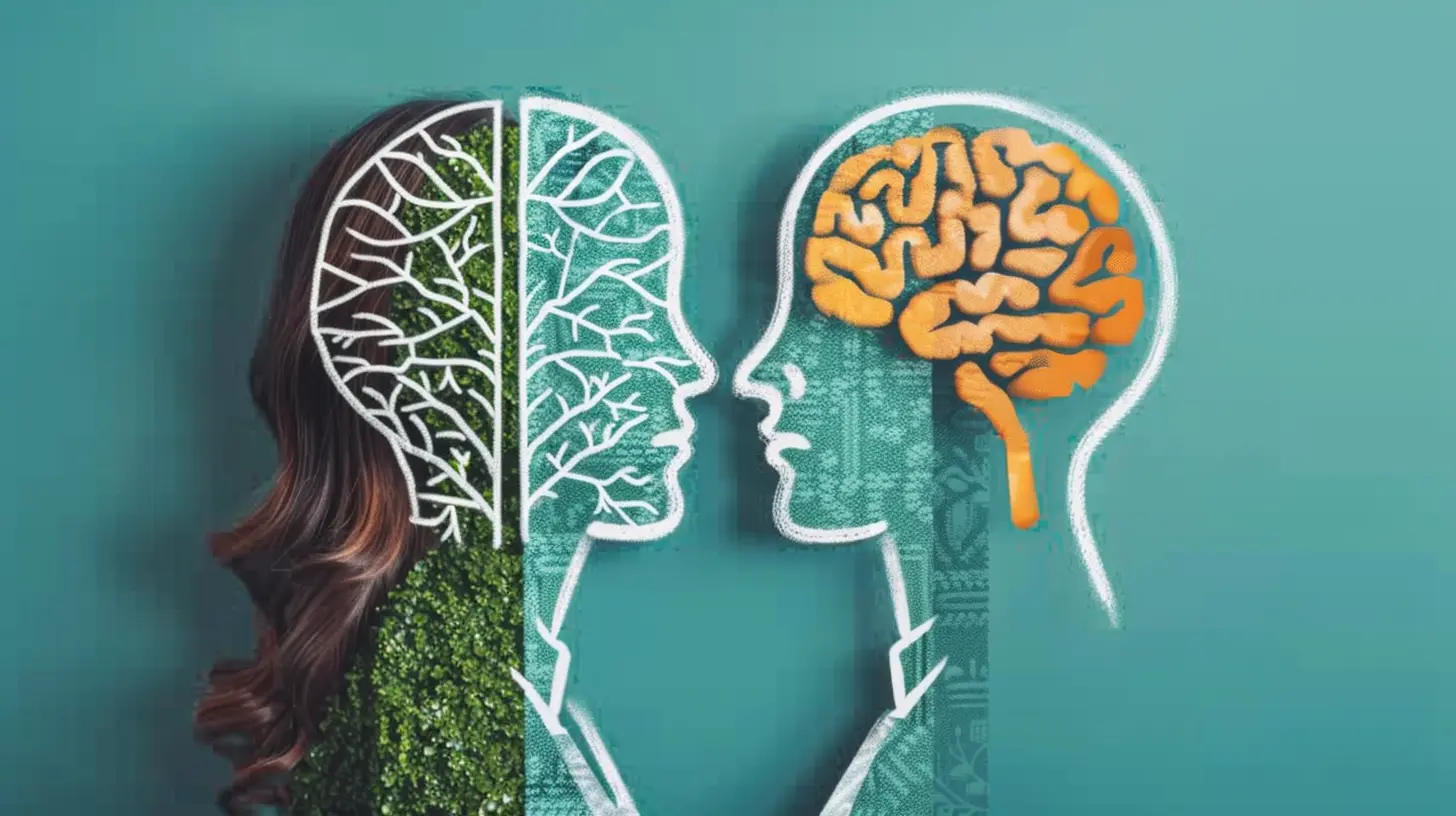The Connection Between Critical Thinking and Ethical Decision-Making
9 October 2025
Life is a winding road, filled with crossroads demanding choices. Some decisions are simple—coffee or tea?—while others carry moral weight, shaping our integrity and the world around us. But how do we make the right call when the lines between right and wrong blur?
That’s where critical thinking steps in, acting like a compass, guiding us through the fog of uncertainty toward ethical decisions. Let’s dive deep into this fascinating interplay between logic and morality, and why sharpening your critical thinking skills can make you a better decision-maker in life. 
What Is Critical Thinking, Really?
Critical thinking isn’t just a fancy buzzword professors throw around in classrooms. It’s the ability to analyze, evaluate, and question information before forming a judgment. Imagine peeling an onion—each layer represents a piece of information, and critical thinking helps you strip away bias, emotions, and false assumptions to reach the core truth.It’s not about being skeptical of everything but rather thinking objectively, weighing perspectives, and questioning evidence before drawing conclusions. And when it comes to making ethical decisions, this skill becomes invaluable. 
Ethical Decision-Making: More Than Just Right or Wrong
Ethical decision-making isn’t always black and white. Sometimes, it's a murky gray, making it hard to determine the "right" choice. Ethics revolve around principles of fairness, responsibility, and integrity—ideals that guide how we behave in personal, professional, and societal contexts.Every day, we navigate ethical dilemmas: Should I report a colleague’s misconduct? Should I speak up against injustice? Should I tell a white lie to protect someone’s feelings? Without critical thinking, we might rely solely on emotions or peer pressure, leading to choices we later regret. 
The Dynamic Duo: How Critical Thinking Fuels Ethical Decisions
1. Questioning Assumptions
We all hold biases—sometimes without even realizing it. Critical thinking encourages us to pause and ask:- Am I making this decision based on facts or emotions?
- Is my judgment influenced by societal norms rather than my personal values?
- What are the possible outcomes of my choice?
By questioning our assumptions, we ensure our ethical decisions are grounded in reason rather than impulse.
2. Weighing Different Perspectives
Ethical dilemmas often involve multiple viewpoints, and critical thinking helps us step into different shoes. Imagine you’re a judge in a courtroom—before making a verdict, you need to analyze all testimonies, evidence, and legal principles.Similarly, when facing ethical choices, you should consider:
- How does my decision impact others?
- Would I accept this outcome if I were on the receiving end?
- Does this align with universal moral principles?
Thinking critically widens our perspective, fostering empathy and fairness in our decision-making process.
3. Recognizing Logical Fallacies
Ever heard of the phrase, “Because everyone else is doing it”? That’s a logical fallacy—an error in reasoning that can lead to flawed ethical decisions. Other common fallacies include:- Appeal to emotion: Making choices based solely on feelings rather than facts.
- Bandwagon effect: Following the crowd instead of forming your own judgment.
- False dilemma: Thinking there are only two options when more may exist.
Critical thinking helps us spot these traps, ensuring our ethical reasoning isn’t swayed by faulty logic.
4. Predicting Consequences
Every choice has a ripple effect. Critical thinking encourages us to think ahead—like a chess player anticipating moves—to foresee the long-term consequences of our decisions.- Will this choice benefit or harm others in the long run?
- Does this decision align with my long-term values and goals?
- Would I still stand by this choice five years from now?
By weighing consequences, we make ethical decisions that stand the test of time.
5. Seeking Truth Over Convenience
Sometimes, the ethical choice isn’t the easiest one. It may involve standing up against injustice, admitting mistakes, or going against popular opinion. Critical thinking helps us stay committed to truth and integrity, even when it’s inconvenient.A great example? Whistleblowers. They often face backlash for exposing unethical practices, yet their critical thinking enables them to see past personal risks, prioritizing justice over conformity. 
Real-Life Examples of Critical Thinking in Ethical Decisions
1. The Business World: Profits vs. Ethics
Imagine a company discovers a defect in its product that could harm consumers. Should they recall it (costly but ethical) or cover it up (cheaper but unethical)?A critical thinker would analyze the risks, evaluate ethical responsibilities, and consider the long-term impact—choosing integrity over short-term gains.
2. Medicine: Balancing Duty and Morality
Doctors often face tough ethical choices, like whether to disclose a terminal diagnosis to a patient who may lose hope. Critical thinking helps medical professionals weigh factors like patient well-being, honesty, and ethical codes before making tough calls.3. Everyday Life: Speaking Up or Staying Silent
Have you ever witnessed workplace discrimination or unfair treatment of someone? Ethical decision-making, fueled by critical thinking, helps in deciding when to intervene and how to handle sensitive situations.Developing Critical Thinking for Better Ethical Decisions
Now that we’ve established the connection between critical thinking and ethical decision-making, how can you hone this skill?1. Ask More Questions
The more you question, the deeper your understanding. Challenge information, probe assumptions, and never settle for surface-level answers.2. Consider Multiple Perspectives
Before making a decision, play devil’s advocate—argue against your own beliefs to see if they hold up under scrutiny.3. Practice Ethical Scenarios
Engage in thought experiments: “If I were in this situation, what would I do?” Analyzing hypothetical dilemmas sharpens both critical thinking and ethical reasoning.4. Stay Aware of Biases
We all have biases. Acknowledge them, challenge them, and ensure they don’t cloud your judgment.5. Reflect on Past Decisions
Look back at previous choices—what could you have done differently? Self-reflection enhances both critical thinking and ethical behavior.Final Thoughts
Critical thinking and ethical decision-making go hand in hand. Without critical thinking, we risk making impulsive, uninformed, or even harmful choices. By cultivating an analytical mindset, questioning assumptions, and considering consequences, we become not just smarter thinkers but also more ethical individuals.Every decision we make shapes our character. So the next time you face a moral dilemma, take a step back, think critically, and choose wisely—because the right choice isn’t always the easiest, but it’s always the most meaningful.
all images in this post were generated using AI tools
Category:
Critical ThinkingAuthor:

Madeleine Newton
Discussion
rate this article
1 comments
Heath Mendez
Critical thinking and ethics: the ultimate duo—like peanut butter and jelly, but for your brain!
October 14, 2025 at 3:32 AM

Madeleine Newton
Absolutely! Just as peanut butter and jelly enhance each other, critical thinking and ethics work together to guide us in making thoughtful and responsible decisions.


